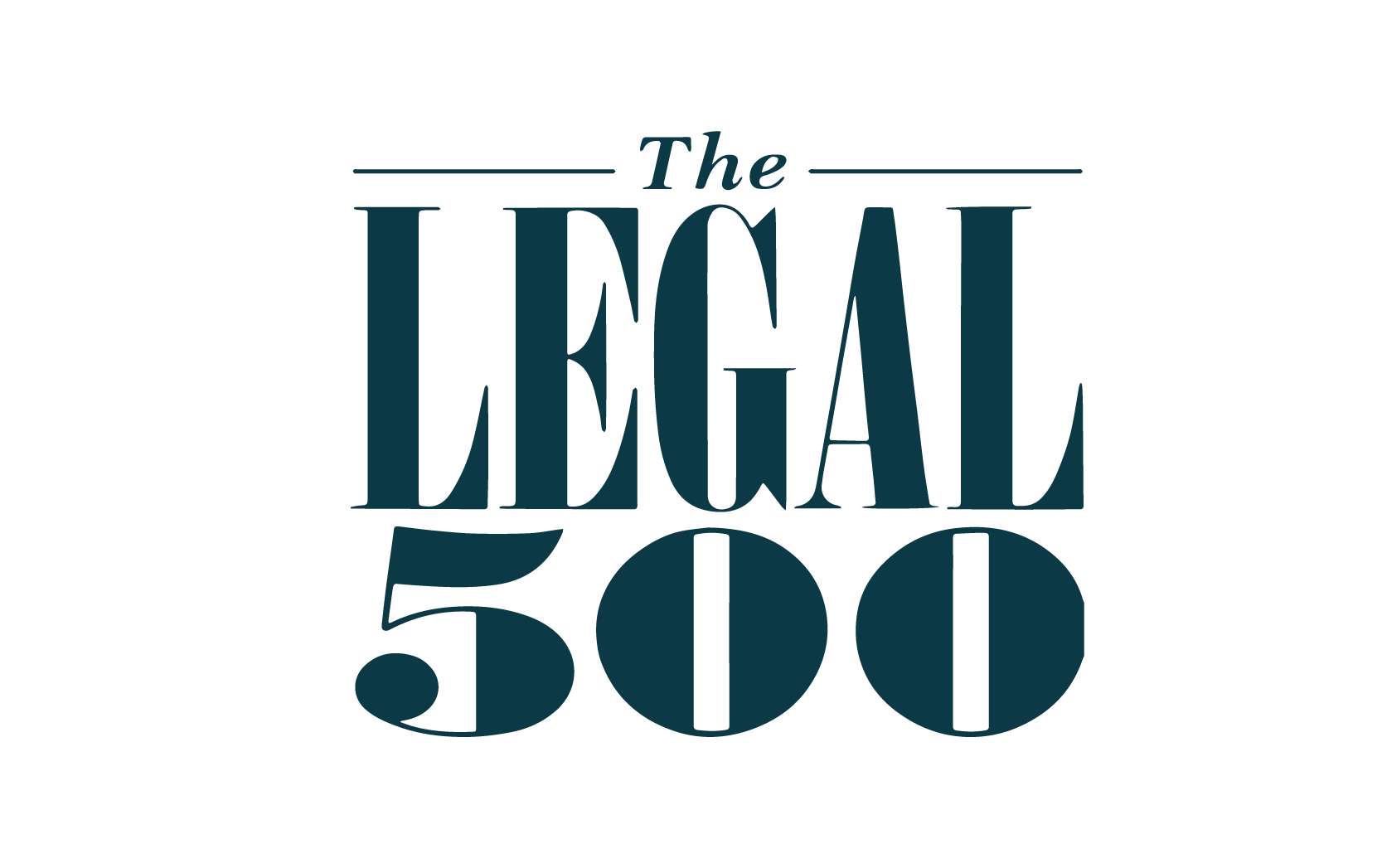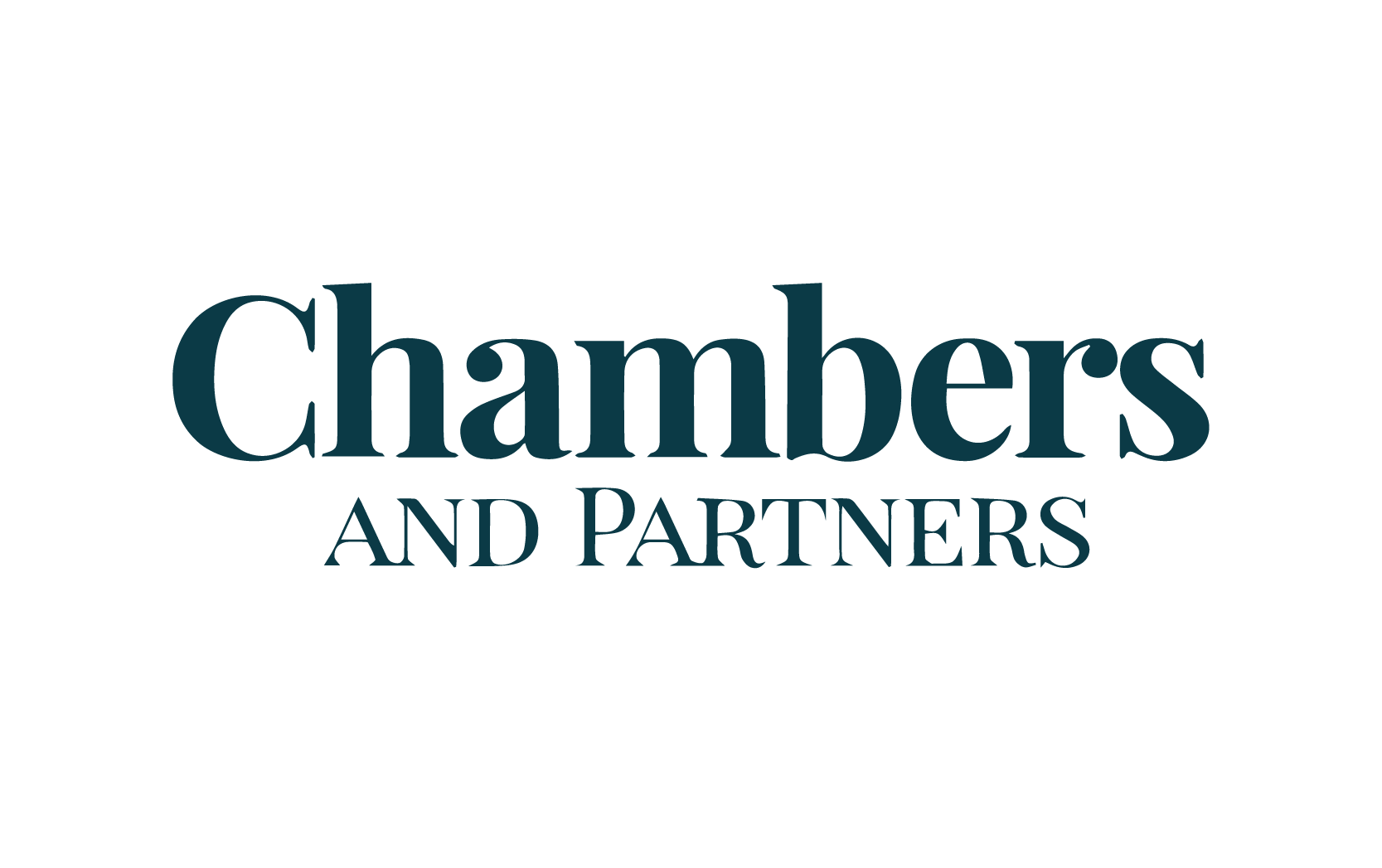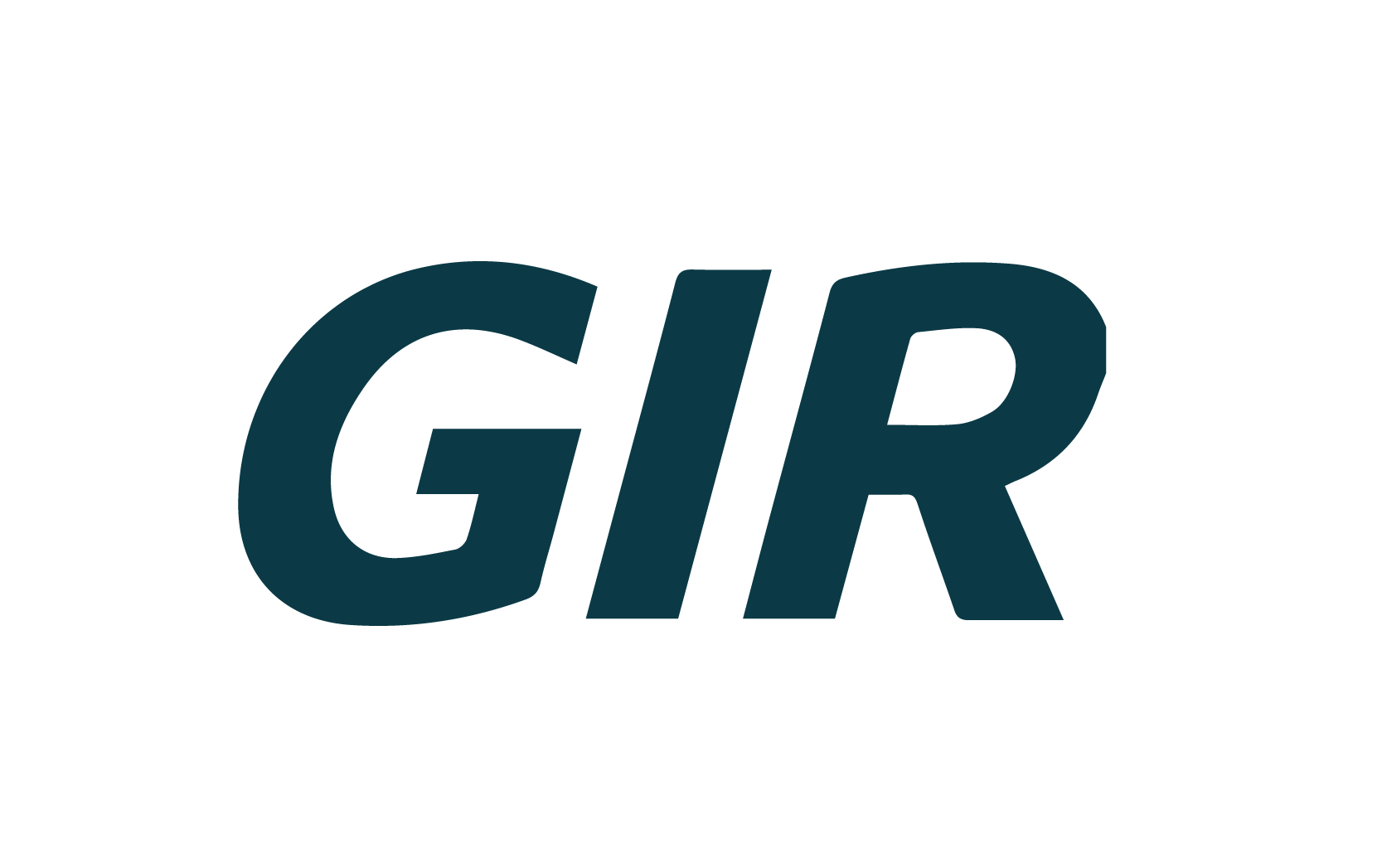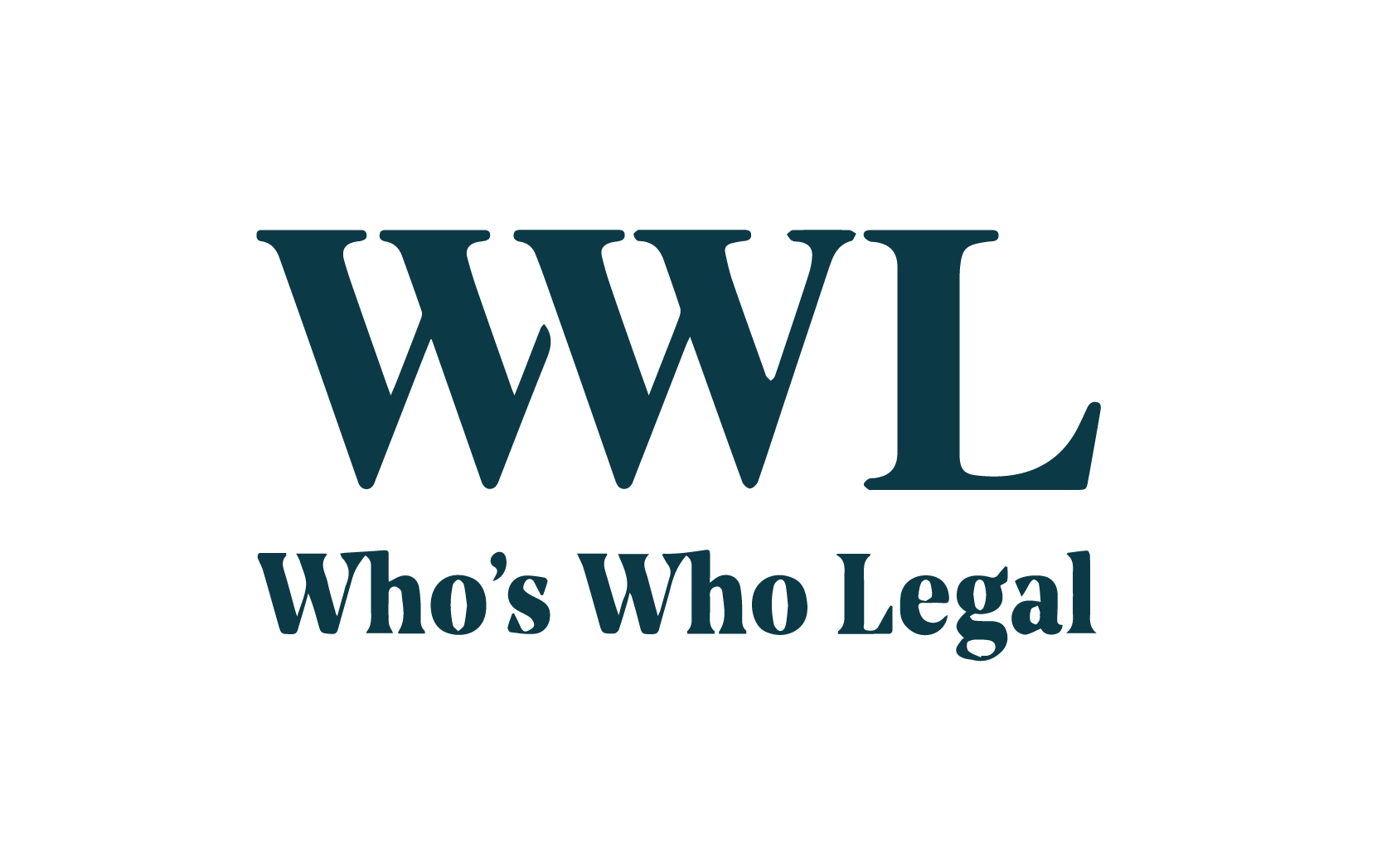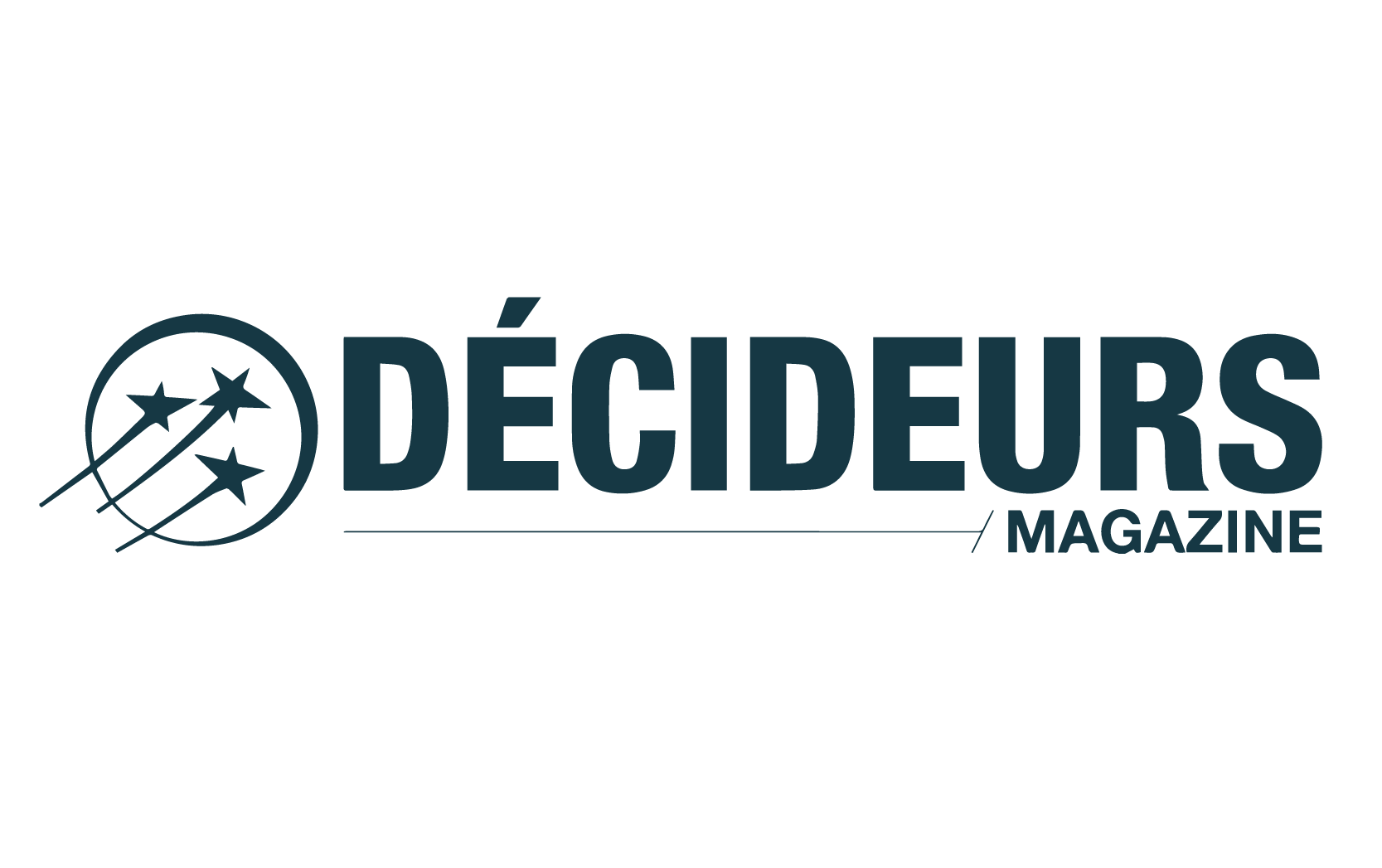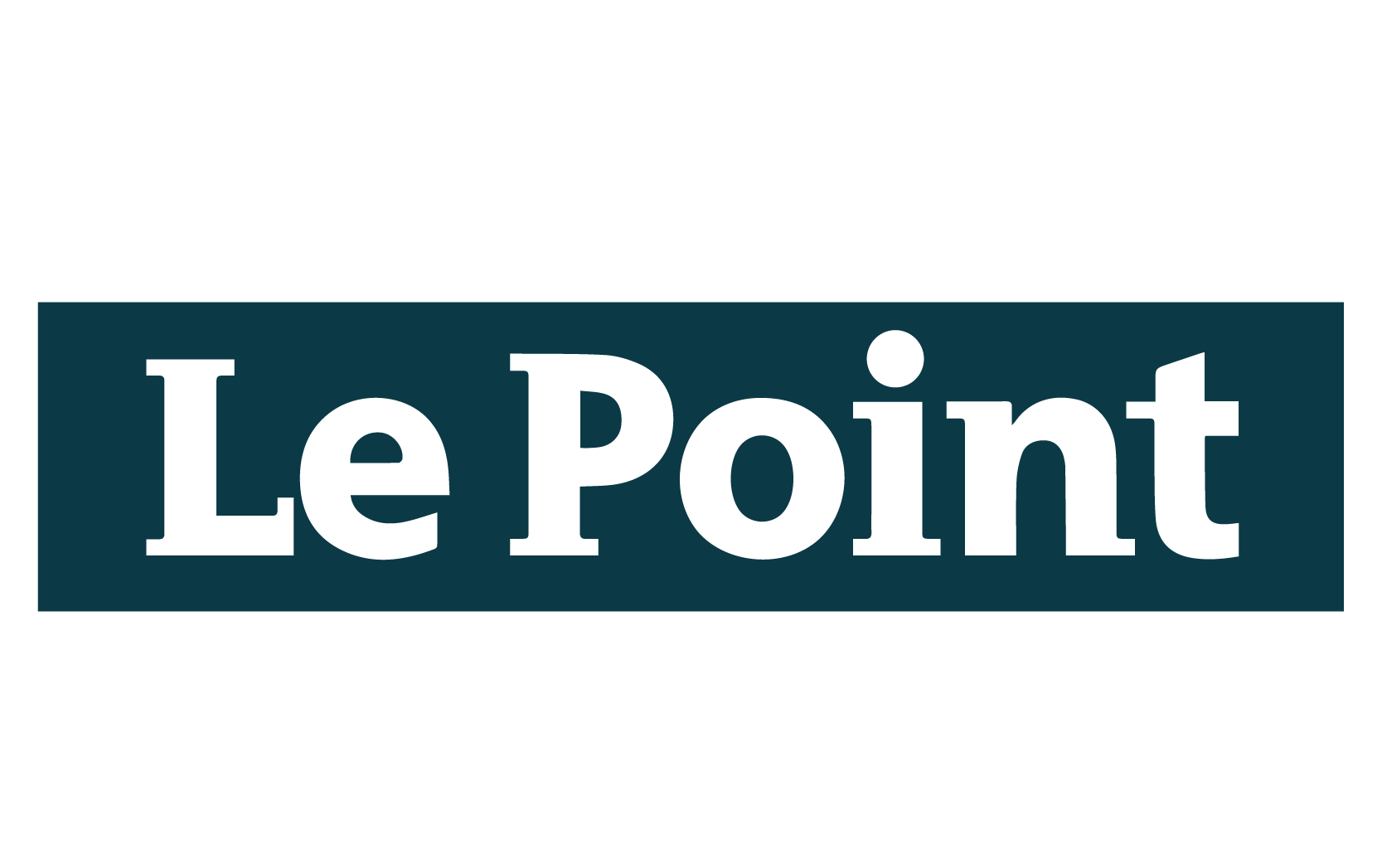Collection of evidence abroad
This convention plays an important role even though the French law n°68-678 of 26 July 1968, known as the “blocking law”, prohibits, notably and subject to international treaties and agreements, the communication of economic, commercial, industrial, financial or technical elements as evidence in foreign judicial or administrative proceedings.
In this context, our in-depth knowledge of the procedure and our past experience as commissioners enable us to advise our clients to ensure the prompt collection and transmission of the evidence requested for production, in compliance with the legal requirements in this area.
Appointed as commissioners by foreign judges and after authorization from the Ministry of Justice's Department of Civil Affairs, our attorneys supervise the production and transfer of the required evidence. Our team also advises on the strategic development of the communication of evidence abroad.
Your challenges
Processing of a request for communication of information or elements located in France in the context of foreign proceedings in civil and commercial matters
Answering the request for communication in civil and commercial matters in the context of a dispute
The response to a request for communication in the context of a foreign proceeding must comply with the provisions of the Hague Convention to avoid violating the statute of limitations. The collection of documents and testimonies must therefore be organized following precise processes.
To ensure good communication with the competent national authority, specifically the Office of Union Law, Private International Law and Mutual Assistance in Civil Matters, to allow the transfer of the required elements
To oversee disclosure requests, the commissioner appointed in the foreign proceeding must interact smoothly with the domestic authority in order to ensure that the disclosure request is executed in a timely, complete and compliant manner.
Anticipating the aftermath of disclosure to a foreign authority
Following the transmission of the requested elements, actions may be taken to anticipate the next stage of the procedure and possible new requests for communication of elements.
A good understanding of the prohibitions made by the Blocking Statute
The Blocking Statute makes it possible to object to a request for communication from foreign proceedings when requests are made outside the treaties and conventions. A good application of the provisions and understanding their interaction with the Hague Convention is essential to assist a client in the defence of his interests.
Our way
Assist parties subject to a request for communication of information and elements in the context of foreign proceedings in civil or commercial matters
Fifteen years of experience in the management of cross-border procedures
We have extensive experience in cross-border matters, including dealing with the legal framework imposed by the Hague Convention and the resulting communication requests.
Support as a commissioner in providing information to the designated central authority
Our experience and expertise allows us to offer our services as commissioners under Article 17 of Chapter 2 of the Hague Convention for the organisation of testimonies (premises, interpreter, stenographer, etc.) and data collection.
Tailor-made assistance in the legal and strategic handling of the request for communication before foreign jurisdictions
We review the draft orders submitted to the foreign judge appointing the commissioner and provide advice on the legal strategy to ensure the best possible response to a request for disclosure.
Analysis and evaluation of risks arising from the communication of information abroad
We support our clients in the communication made so that it excludes any risk of infringement of rights and by anticipating potential new requests.


